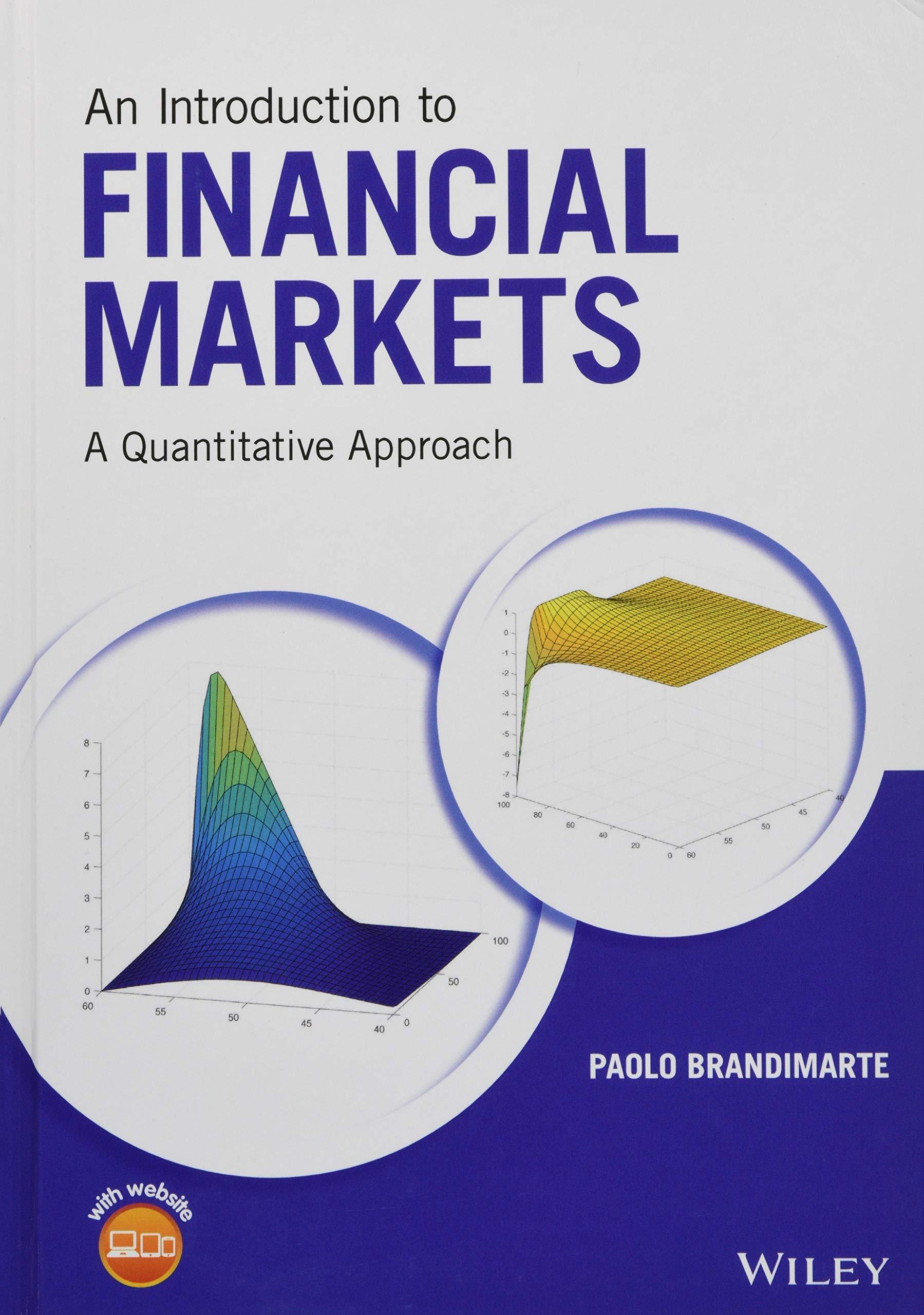69-75 sorry for asking a lot of question! thanks for help


Question 69 (0.8 points) When you own stock in a company, you own: a) Robots; artificial intelligence computers, and systems; and other smart machines. b) Valuable raw materials, necessary for production. c) Valuable patents, important to production. d) All of the above in some proportion, as stock is a unit of ownership. If you own one share out of 1 billion, then you are a 1/1 billionth owner of the corporation, and you are entitled to 1/1 billionth of the profits, which may be given to you as a dividend, and/or they may be reinvested in the company to increase future profits. O e) None of the above. Question 70 (0.8 points) When you own shares of a highly diversified index fund, like one which tracks the Wilshire 5000: a) You own a tiny percentage of most of the companies listed on the United States' major stock exchanges. Ob) This is a good hedge against the career income and employment risks of technological revolution. If the productivity of robots and other smart Al machines takes off, even if this lowers your market wage and job security, you will still own a share of this increased productivity as a part owner of these robots and Als, and of the raw materials and other things necessary for production. Oc) You are guaranteed never to lose money, even over the short run. O d) a and b above. O e) All of the above. Of) None of the above. Question 71 (0.8 points) The best and most important hedge against technological unemployment and wage decline is education and skills. O a) True Ob) False Question 72 (0.8 points) Another important hedge against technological unemployment and wage decline is owning a substantial amount of these robots and Alls, and what they need to produce, which can be done by owning a tiny percentage of thousands of major corporations, as in a highly-diversified index fund. O a) True Ob) False Question 73 (0.8 points) The economics of technological revolution are not completely clear. The "bounty", as the authors of your book "The Second Machine Age" call it, may go largely to "superstar" employees. But it is likely that a good deal of it will, nonetheless, go to stockholders. So, stock ownership is a good hedge against the career income and employment risks of technological revolution, and even more of a reason to save heavily in a well-diversified stock portfolio long term. O a) True Ob) False Question 74 (0.8 points) If you act on the slick advertising and consolidate your student loans with a private company: a) They pay off all of your government student loans, but now you owe them the money. Now you owe the money to this private company. Ob) All of your government student loans now become one giant student loan to a private company. Oc) All of the protections that make government student loans very safe disappear; no more income based repayment that always keeps your payment reasonable; no forgiveness of any remaining debt after, at most, 20 years; no public service loan forgiveness option, and more. d) You have no more of the very generous and important protections that come with federal government student loans, but your loans to this private company will never be escapable in bankruptcy, with exceedingly rare exception, even if, with substantial size, interest, and late fees, they spiral out of control. O e) You risk being their lifetime indentured servant, where they can garnish your wages and seize anything of substantial value you ever accumulate for as long as you live. O f) You turn very safe government debt into some of the most dangerous debt in the history of the country, private student loans. O g) All of the above. Question 75 (0.8 points) Saved The federal government does have a loan consolidation plan, where they can turn two or more separate student loans into one convenient big one, with just one payment. But if you're not absolutely sure it's the federal government offering the consolidation loan, or any student loan, then Professor Serlin advises you to not even think of taking it, no matter how slick the marketing campaign. O a) True Ob) False








